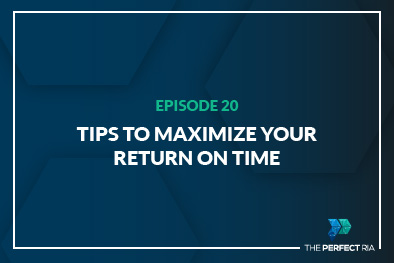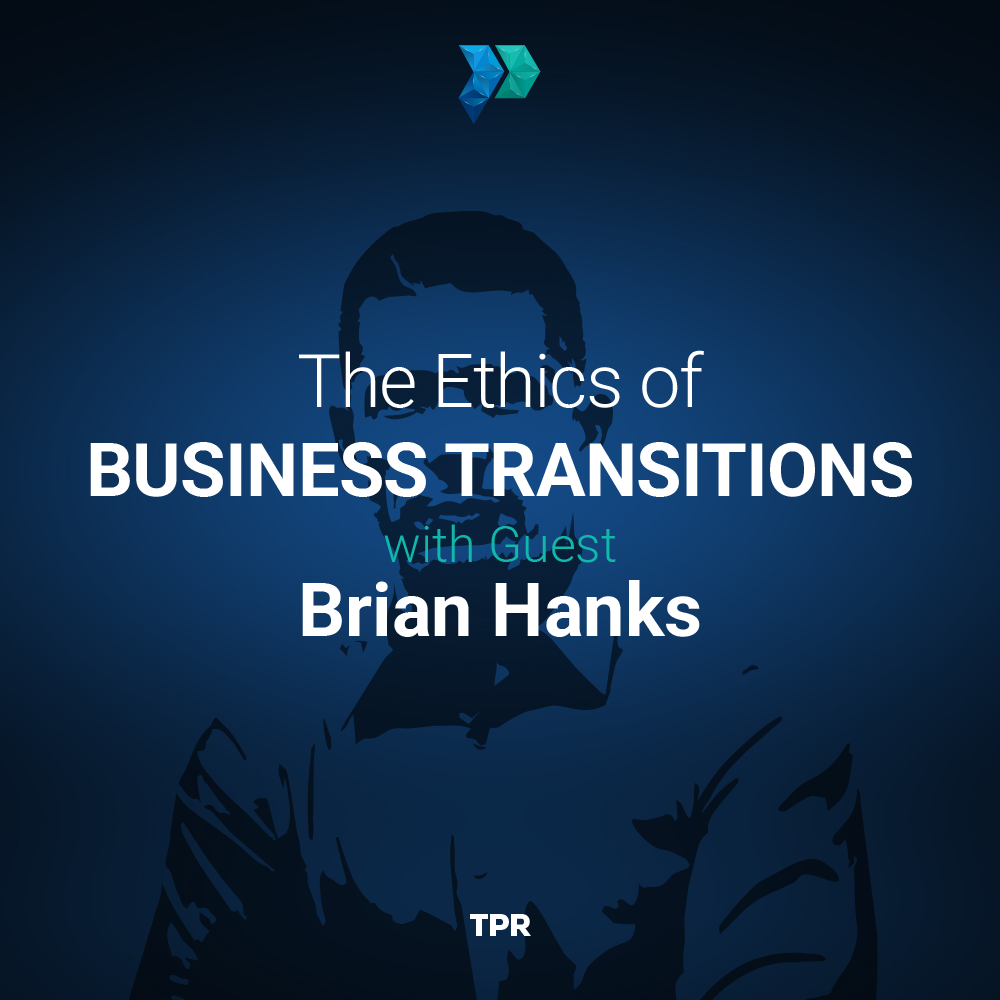Matt and Micah share their best practices for revenue-centered work
There is nothing that kills the growth of your practice more than ineffective hours spent on unnecessary things at the workplace.
You can fine-tune the aesthetics of a powerpoint presentation for a few hours, sure! But did agonizing for 40 minutes on different font styles really help your practice in any tangible way?
Matt and Micah have talked before about the dangers of avoiding real work. But those instances of social media rabbit holes, email overloads, and Wall Street Journal binges stem from a conscious avoidance of work.
What about the unconscious instances birthed from good intentions?
What if you’re operating unknowingly in a way that minimizes instead of maximizes the value of your time?
Let’s explore the principle that Matthew calls the ‘return on time’ by analyzing some misconceptions about work you may currently have.
Your Work Needs Your Undivided Attention
If you want to return the most value to your firm, your attention cannot be divided.
As Matt and Micah stress during the episode, focus is absolutely key for cultivating a positive return on time.
You may currently think that it is crucial to respond to every email as they come. Yes, it is true, there are instances where workplace efficiency can hit a gridlock because of flaky email correspondence.
But does this mean you have to always be available for a response? To be taken from your place of focus and productivity and then thrown into an entirely different narrative?
As Micah likes to state, this doesn’t mean to forego responding to emails entirely, it just means that you block out your time for it.
If alerts and pop ups are constantly distracting you from doing that $500 an hour that your clients and your practice need, shouldn’t your systems change to minimize any detraction from your overall return on time invested?
Very much so!
Don’t Play Office!
Playing office is simply this nagging feeling that you need to have a hand in almost every aspect of your practice.
You don’t!
In fact, you could probably be delegating a little more. So, as Matt and Micah remind you in this episode, you need to play to your strengths.
If you just quickly think back to the powerpoint presentation example, where you are wasting valuable time agonizing over the presentations slides, you can quickly see that the task would best be delegated to someone else. Maybe someone with more design chops who can decisively make choices about font style.
This can be applied to designing a financial plan for your client as well.
Yes, you are probably adept at crafting fancy financial plans, but maybe you spend way too much time caught up the minutiae, as Matthew puts it.
Again, using the metric of your $500 or $1000 an hour rate, at what point does rearranging the details of the financial plan start to take away the total value of your return on time?
If you can take ownership and ask yourself honestly, “am I wasting my valuable time right now?” than you will eventually start reorienting your priorities. And with that comes a greater gross revenue and return on time in the long run.
But this isn’t even half of the whole story! There are still forcing mechanisms to factor in and action items to integrate into your daily work habits. For all of that, listen to the full episode and stick around until the end for Matt and Micha’s actions steps to truly bring home the value of these practices. Thank you and enjoy!








